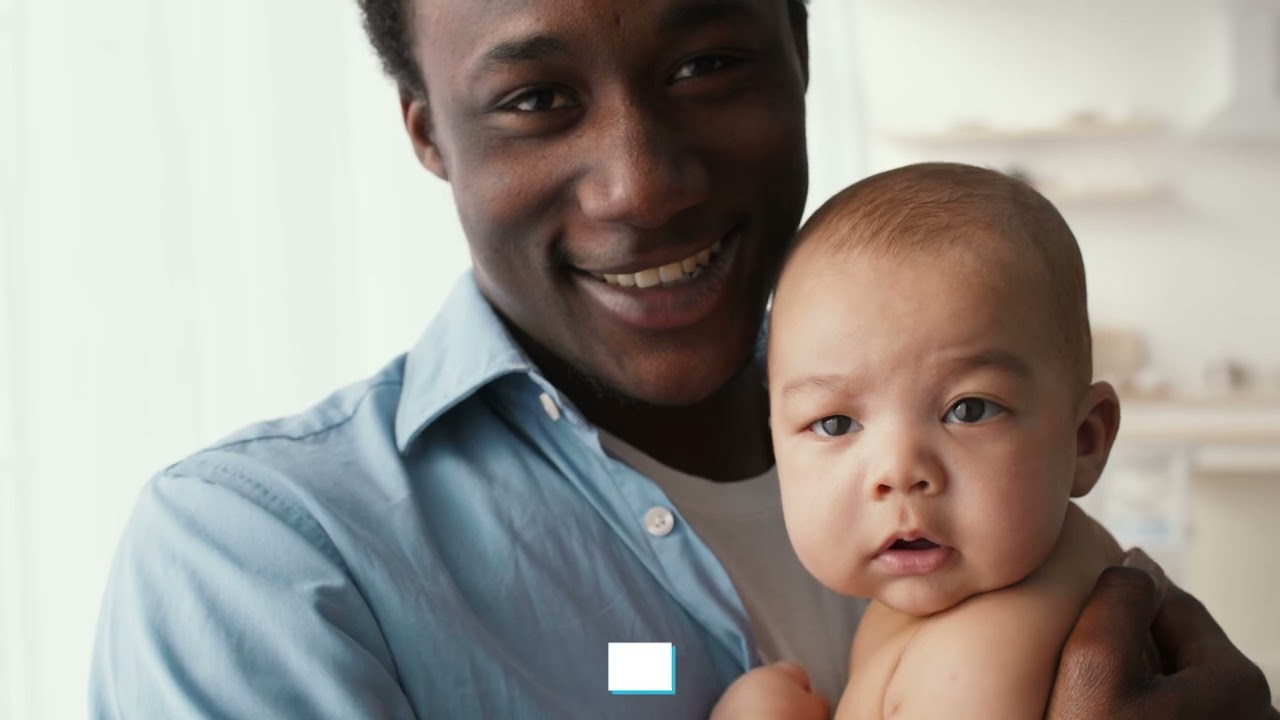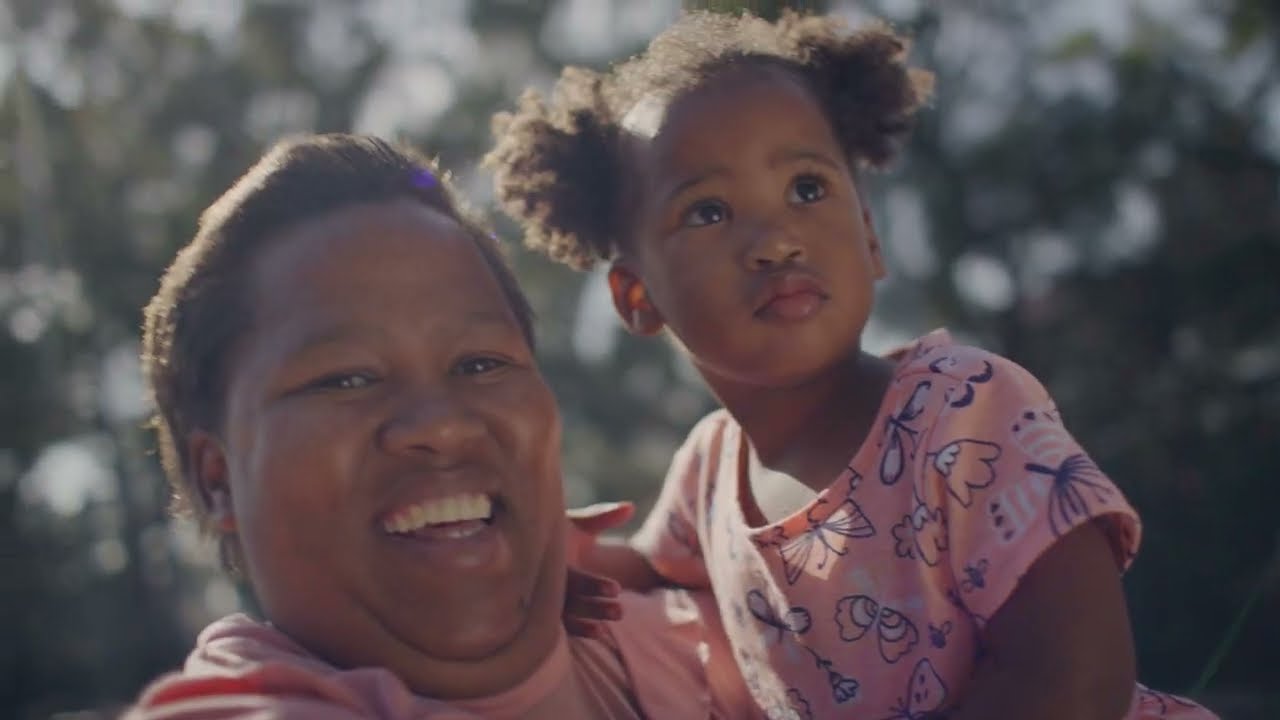Project Description
Developmental Delay
Developmental Delay
Developmental Delay in Children
Navigating the world of paediatric health can be daunting, especially when it comes to understanding developmental delays in children. This comprehensive guide aims to demystify this topic, providing clear insights into what developmental delay means, the significance of key milestones, how delays are diagnosed, and the therapeutic approaches to treatment.
“Developmental delay is when a child is not reaching their developmental milestones, such as not sitting between 6 and 9 months, not crawling between 9 and 12 months, or not walking by 18 months. These are the normal ranges, and there’s a multitude of factors that could impact this, from traumatic birth to being born early. It underscores the importance of early intervention and tailored support to navigate these challenges.”
Laura Thompson – Specialised Paediatric Physio – Complete Physio

Laura Thompson
Specialist Paediatric Physiotherapist
QUALIFICATIONS: BSc (Hons) Physiotherapy, CSP HCPC & APCP registered
Laura is a specialist paediatric physiotherapist with a specialist interest is in early years (0-4yrs).
Laura has over 8 years’ experience working as a specialist paediatric physiotherapist and has developed a breadth of knowledge and experience in treating children of all ages across acute and community settings. Her experience expands across many areas, including acute neurorehabilitation, respiratory, neurodisability, special schools, orthopaedics and developmental delay. She also has experience with neuromuscular conditions, previously working as the specialist neuromuscular physiotherapist for Southeast Wales.
What Is Developmental Delay?
Developmental delay occurs when a child does not reach their developmental milestones at the expected times. These milestones cover a broad spectrum, including physical (motor skills), cognitive (thinking, learning, problem-solving), communication (speech and language), social/emotional (playing, feeling secure and happy), and self-help/adaptive (eating, dressing).
What Are the Key Milestones?
Understanding the key milestones is crucial for parents and caregivers to monitor a child’s development effectively. These milestones serve as indicators of a child’s progress in various domains of development:
- Physical Development: Sitting, crawling, walking, and fine motor skills such as grasping and manipulating objects.
- Cognitive Development: Problem-solving, remembering, and understanding the relationship between actions and consequences.
- Communication Development: Babbling, forming words, combining words into sentences, and understanding what is being said.
- Social/Emotional Development: Interacting with others, forming attachments, and beginning to understand others’ feelings and perspectives.
- Self-Help/Adaptive Development: Feeding oneself, dressing, and eventually mastering toilet training.
What Are the Symptoms of Developmental Delay?
Symptoms will vary depending on the type of developmental delay. Here are some common symptoms:
- Delays in rolling over, sitting up, crawling and walking.
- Trouble with fine motor skills like picking up small objects, writing or doing up buttons.
- Problems understanding what others say.
- Trouble with problem-solving.
- Issues with social skills.
- Problems talking or talking late.
- Difficulty remembering things.
- Inability to connect actions with consequences.
How Do We Diagnose Developmental Delay?
Children develop and reach their milestones at different rates. There’s no strict schedule. So if your child is a little behind, that doesn’t mean they have a developmental delay. A developmental delay means your child is continually behind in developing skills expected by each age level.
Diagnosis of developmental delay involves a thorough assessment by specialist healthcare professionals. Initially, a detailed history of the child’s birth, pregnancy, and developmental progress so far is taken.
This is usually followed by a physical assessment tailored to the child’s age, focusing on their strength, capabilities, and interaction with the physiotherapist.
This evaluation not only considers the child’s physical abilities but also their cognitive and social development stages.
What is the Difference Between Developmental Delay and Development Disabilities?
A developmental delay is when your child doesn’t reach their developmental milestones as normally expected. It usually means your child just develops certain skills at a slower pace than their peers. But with early intervention and support, they’ll typically catch up without any long lasting problems.
Developmental disabilities such as autism spectrum disorder are usually lifelong conditions, and while children can be supported and helped, the condition doesn’t go away. Autism is a neurodevelopmental disorder that is present from early childhood.
It can sometimes be difficult to determine if your child has a developmental delay or a developmental disability. Regardless, early intervention is the best way to help your child progress and thrive.
How We Treat Developmental Delay?
Treatment for developmental delays is highly individualised, reflecting the unique needs and challenges of each child. A key component of this treatment is the creation of a tailored exercise program that parents and caregivers can integrate into the child’s daily playtime. This program is designed to stimulate development across various areas, emphasising the development of motor skills, cognitive abilities, and social interactions.
Physiotherapy plays a crucial role in supporting children with developmental delays. Through targeted exercises and play-based therapy, paediatric physiotherapists work closely with the child and their family to enhance developmental progress. The goal is not only to improve physical development but also to foster cognitive, social, and emotional growth, thereby supporting the child in achieving their developmental milestones.
In conclusion
While developmental delays can be a source of concern for parents and caregivers, understanding the key aspects of this condition, including the milestones, diagnosis, and treatment options, can provide a solid foundation for supporting the child’s development. Early intervention, tailored to the child’s specific needs, can make a significant difference in their developmental journey, paving the way for a fulfilling and enriched life.
FAQs about Developmental Delay in Children
-
What is developmental delay?
Developmental delay occurs when a child does not reach their developmental milestones at the expected times, encompassing various areas such as physical, cognitive, communication, social/emotional, and self-help skills.
-
What are the key milestones for child development?
Key milestones include physical skills like sitting, crawling, and walking; cognitive abilities such as problem-solving and understanding cause and effect; communication skills including babbling and forming sentences; social/emotional development like forming attachments and understanding emotions; and self-help skills such as feeding and dressing.
-
What are the symptoms of developmental delay?
Symptoms may include delays in motor skills, trouble with fine motor skills, difficulty understanding language, challenges with social skills, delayed speech, and issues with memory and problem-solving.
-
How is developmental delay diagnosed?
Diagnosis involves a comprehensive assessment by healthcare professionals, considering the child’s developmental history, physical examination, and evaluation of cognitive and social development. This helps differentiate between developmental delay and disabilities.
-
What is the difference between developmental delay and developmental disabilities?
Developmental delay refers to slower progress in reaching developmental milestones, while developmental disabilities like autism spectrum disorder are lifelong conditions that affect cognitive, social, and emotional functioning. Early intervention is crucial for both.
-
How is developmental delay treated?
Treatment is individualised and may involve a tailored exercise program, physiotherapy, occupational therapy, speech therapy, and behavioural interventions. The goal is to support the child’s overall development and help them reach their milestones. Early intervention is key to maximising outcomes.
Infant Physiotherapy at Complete Physio
At Complete Physio, we offer specialised infant physiotherapy in London, focusing on early intervention for issues like a 6-month-old not rolling over. Our dedicated team provides personalised paediatric physiotherapy to support your baby’s motor development, address developmental delays, and enhance overall physical growth. Through evidence-based techniques and a family-centred approach, we create effective care plans tailored to each child’s unique needs.
How to book
To make an appointment please call 020 7482 3875 or if you would like to discuss an injury before booking email info@complete-physio.co.uk.





